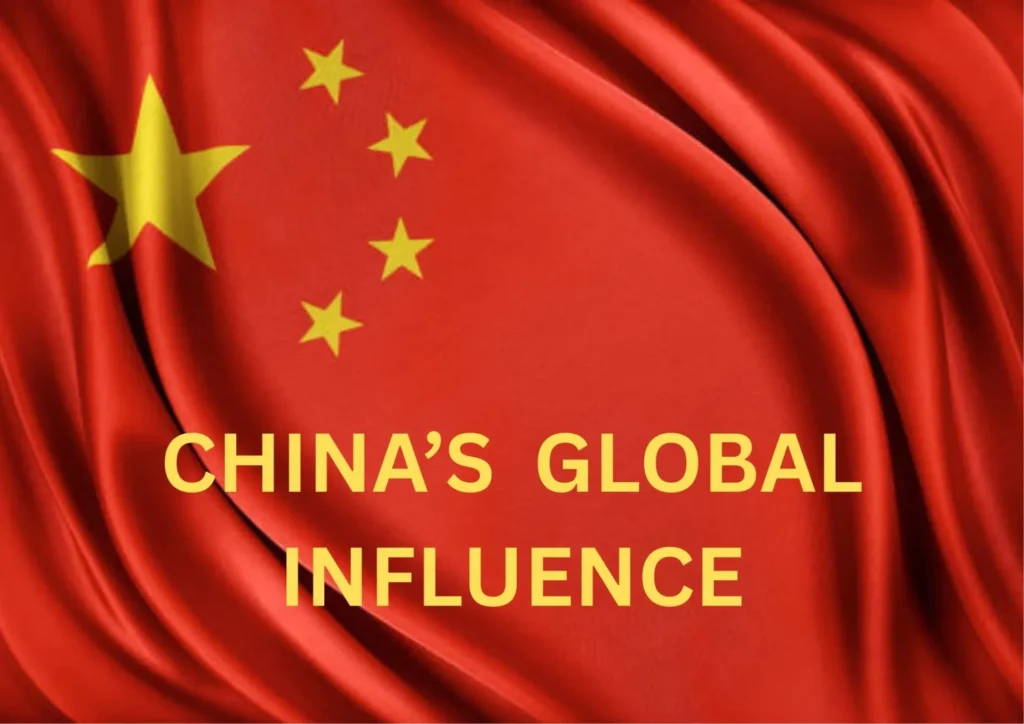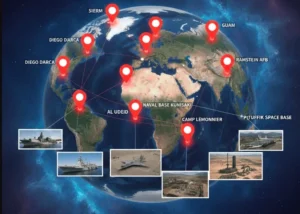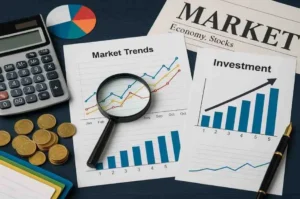The 21st century is witnessing a dramatic transformation in global power dynamics. Once dominated by Western nations, especially the United States, the balance is increasingly tilting toward the East as China emerges as an economic powerhouse, technological innovator, military contender, and diplomatic force. With the world’s second-largest economy, the largest navy, and influence stretching from Africa to Latin America, China is no longer a rising power; it is a defining force. Yet, internal challenges and international pushback raise the question: Is world power truly shifting east, or are we entering a multipolar era?
Economic Powerhouse
China’s rise is first and foremost an economic story. In 2024, China’s GDP reached $18.5 trillion, making it the world’s second-largest economy after the United States. It contributes nearly 18% of global GDP and accounts for about 30% of the world’s manufacturing output, earning its title as the “world’s factory.”
- Exports: China is the largest exporter, with goods worth $3.4 trillion in 2023.
- Trade dominance: It is the top trading partner for more than 120 countries, including most of Asia, Africa, and the EU.
- Reserves: With $3.2 trillion in foreign exchange reserves, China holds the largest reserves in the world.
Through its Belt and Road Initiative (BRI), launched in 2013, China has invested over $1 trillion in infrastructure projects across 150+ countries, building railways, ports, and highways that embed its economic and political influence globally.
Technology and Innovation
Once viewed as a follower, China has become a global leader in innovation. In 2023, it spent $456 billion on research and development (2.6% of GDP), second only to the U.S.
- Artificial Intelligence: China leads the world in AI research output, publishing more papers and patents than any other nation.
- Clean Energy: It produces 80% of global solar panels and dominates 60% of rare earth refining, key for EVs and green tech.
- Electric Vehicles (EVs): China accounts for 30% of worldwide EV sales and is home to BYD, the world’s largest EV maker.
- Space Race: China is advancing rapidly in space exploration, having successfully landed a rover on Mars in 2021 and building its own permanent space station.
Military Strength
China has paired its economic growth with military modernization. With a $224 billion defense budget (2023), it is the world’s second-largest spender after the U.S.
- The People’s Liberation Army Navy (PLAN) is now the largest in the world, with 370+ vessels.
- China is developing hypersonic missile systems, advanced cyber warfare capabilities, and expanding its presence in the South China Sea.
- Tensions remain high over Taiwan, where Beijing has not ruled out forceful reunification.
Diplomacy and Soft Power
China’s global strategy extends beyond hard power. It uses culture, trade, and diplomacy to reshape narratives:
- In 2023, Beijing brokered the Saudi-Iran peace deal, showcasing its influence in the Middle East.
- Through the BRICS expansion in 2024, China aligned with economies representing 40% of the global population.
- 500+ Confucius Institutes worldwide promote Chinese culture and language.
- In the United Nations, China’s voting influence and financial contributions continue to grow.
Challenges to China’s Rise
Despite its achievements, China faces structural and social hurdles:
- Population decline: China’s population shrank for the second consecutive year in 2023, with births falling below 9 million.
- Youth unemployment: Surged past 21% in 2023, sparking concerns over social stability.
- Debt burden: Combined public and hidden local government debt is estimated at 300% of GDP.
- Geopolitical pushback: The U.S., EU, and Indo-Pacific allies are countering China through trade restrictions, military alliances, and technology bans.
Is World Power Shifting East?
China’s rise does not necessarily mark the decline of the West, but it does signal the end of Western dominance as the sole pillar of global order. Instead, the world is moving toward a multipolar system, where China, the U.S., and other powers compete and collaborate simultaneously.
What is undeniable is that the epicenter of global influence is tilting eastward. China’s role in shaping trade, technology, diplomacy, and security ensures that no conversation about the future of world order can exclude Beijing.
Conclusion
The 21st century may not belong solely to China, but it will not be shaped without it. The question is no longer if China is a world power; it is how far its influence will go.











